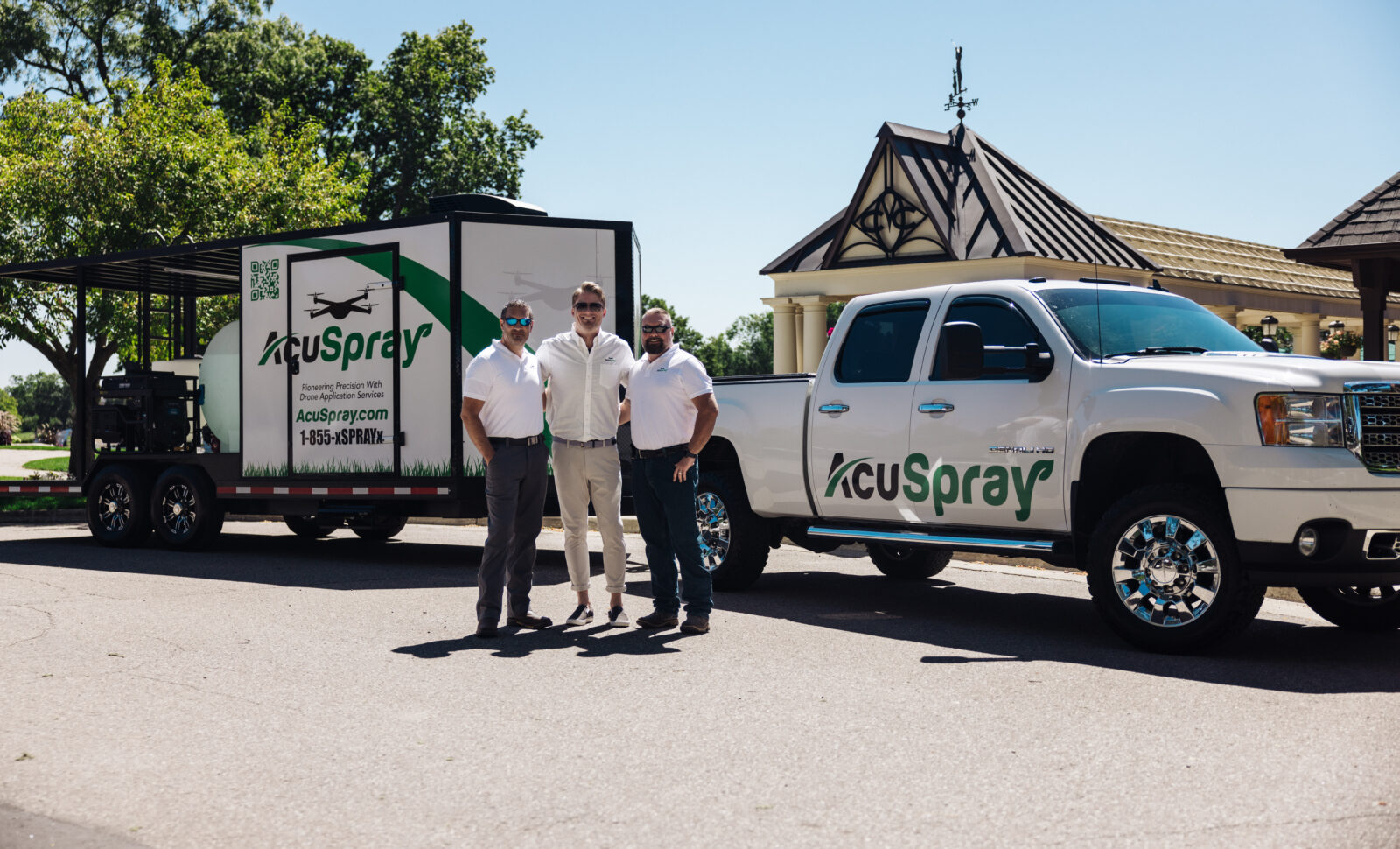“Did You Know?” Part 1

In the rapidly evolving world of agricultural technology, drones have emerged as powerful tools for enhancing farming efficiency and sustainability. The environmental benefits of utilizing drones for applications in agriculture are both significant and multifaceted. This article delves into how drones, especially those equipped with NDVI technology, are making strides in sustainable farming practices. AcuSpray is proud of the environmental benefits of their drones.
The Rise of Drones in Agriculture
The integration of drones into agricultural operations marks a significant leap towards sustainable farming. These unmanned aerial vehicles (UAVs) offer a unique vantage point, providing data and insights previously unattainable with traditional farming methods. The key environmental benefits include:
- Reduced Carbon Footprint
- Drones minimize the need for heavy machinery on the field, leading to a decrease in fuel consumption and, consequently, lower carbon emissions.
- Precision Application
- Pesticide and fertilizer applications become more targeted, significantly reducing the amount of chemicals released into the environment.
- Water Conservation
- Through precise irrigation management, drones help conserve water by identifying areas that require moisture and those that do not.

NDVI Technology: A Game Changer
At the heart of drone efficiency lies NDVI (Normalized Difference Vegetation Index) technology. NDVI drones provide critical data on plant health, allowing for more informed decision-making. The benefits include:
- Early Detection of Stress and Disease
- NDVI technology can identify plant stress and disease before they become visible to the naked eye, allowing for timely intervention that minimizes crop loss and reduces the need for chemical treatments.
- Optimized Crop Yields
- By monitoring crop health, farmers can adjust their practices to ensure optimal growth conditions, leading to healthier crops and higher yields with minimal environmental impact.
- Enhanced Soil Health
- NDVI data helps in understanding soil conditions, enabling farmers to practice crop rotation and other soil health-enhancing methods effectively.
The Future of Farming
The future of drones in agriculture points towards even greater environmental benefits. Innovations on the horizon include:
- Advanced Imaging Techniques
- Developing more sophisticated imaging technologies to further refine the precision of crop monitoring and treatment.
- AI Integration
- Incorporating artificial intelligence to analyze drone data, enabling real-time decision-making and predictive analytics for pest and disease management.
- Autonomous Operations
- The evolution of fully autonomous drones that can perform tasks without human intervention, optimizing efficiency and reducing labor costs.
Conclusion
The use of drones, particularly those leveraging NDVI technology, represents a significant advancement in sustainable agriculture. These technologies offer a pathway to reducing our environmental footprint, conserving water, minimizing chemical usage, and promoting soil health. As we continue to embrace and refine these tools, the potential for positive environmental impact grows exponentially. The integration of drones into farming practices not only benefits the agricultural sector but also contributes to the broader goal of environmental stewardship.
The journey towards sustainable agriculture is complex, but with the aid of advanced technologies like drones, we are making strides in the right direction. By sharing knowledge and continuing to innovate, the future of farming can be both productive and environmentally friendly.
Join us at AcuSpray in embracing the future of sustainable agriculture with our advanced drone technology. Discover how our drones, equipped with cutting-edge NDVI technology, can significantly reduce your environmental footprint while optimizing crop health and water usage. Together, we can revolutionize farming practices, conserve resources, and protect our planet for future generations. Explore AcuSpray’s innovative solutions today and take a step towards a greener, more efficient farming future.